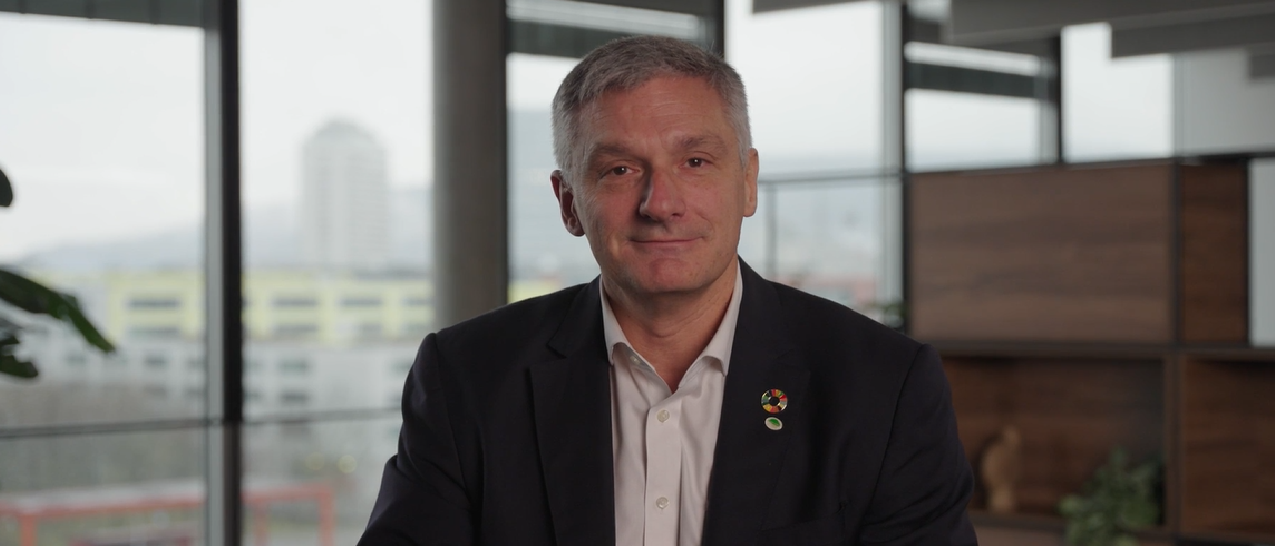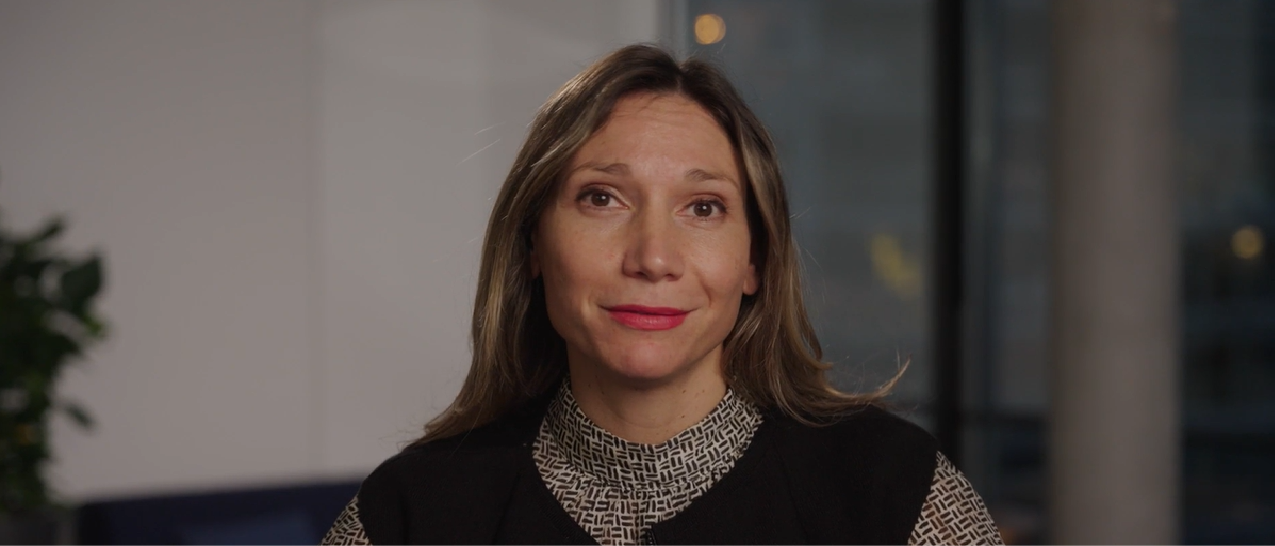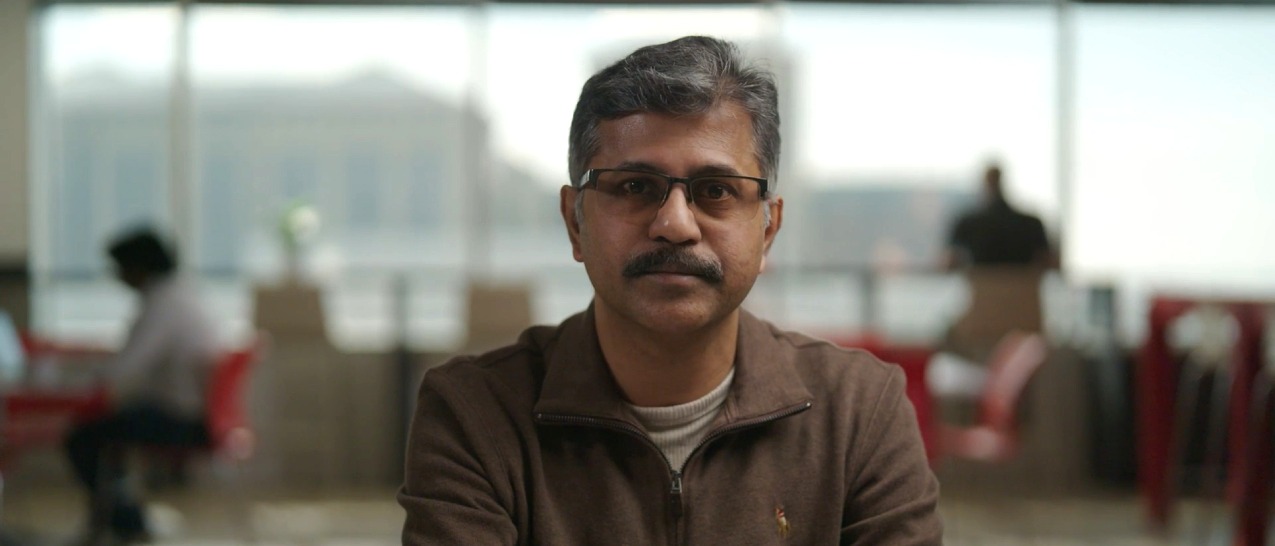

Three business imperatives for mobility in 2023 and beyond
By Alistair Dormer, Chairman, Hitachi Europe
One of the key themes to emerge around COP27 was the urgent requirement to double down action on climate change.
As a social innovation business, we need to lead the way here – our role is to imagine our collective future: What will the earth, society, and people look, and act like in 2050? It’s a huge task but with transport responsible for over 20% of the world emissions, one thing we absolutely have to do is reassess mobility.
Our transport needs are evolving – on the back of the global pandemic, we’ve become a more mobile society where many of us can actually work anywhere. As a result, we’re seeing a significant increase in passenger demand but with different patterns. We’re no longer commuting in and out of major conurbations and we’re seeing leisure travel on the rise. There’s still a pressing need to make travel by train easier and more convenient for people and that’s about joining up the last mile of the journey.
For me, there are three business imperatives which can power the next stage of our journey towards net zero.
1. Decarbonise the current rail network in a cost-effective way
There are two sides to this coin – we need to build new, sustainable electric trains but we also need to modify the trains we already have by replacing diesel engines with battery technology. From a Hitachi point of view, we’re powering ahead, whether that’s our Dencha battery fleets in Japan, or our brand new Blues trains, using “tri-mode” technology in Italy.
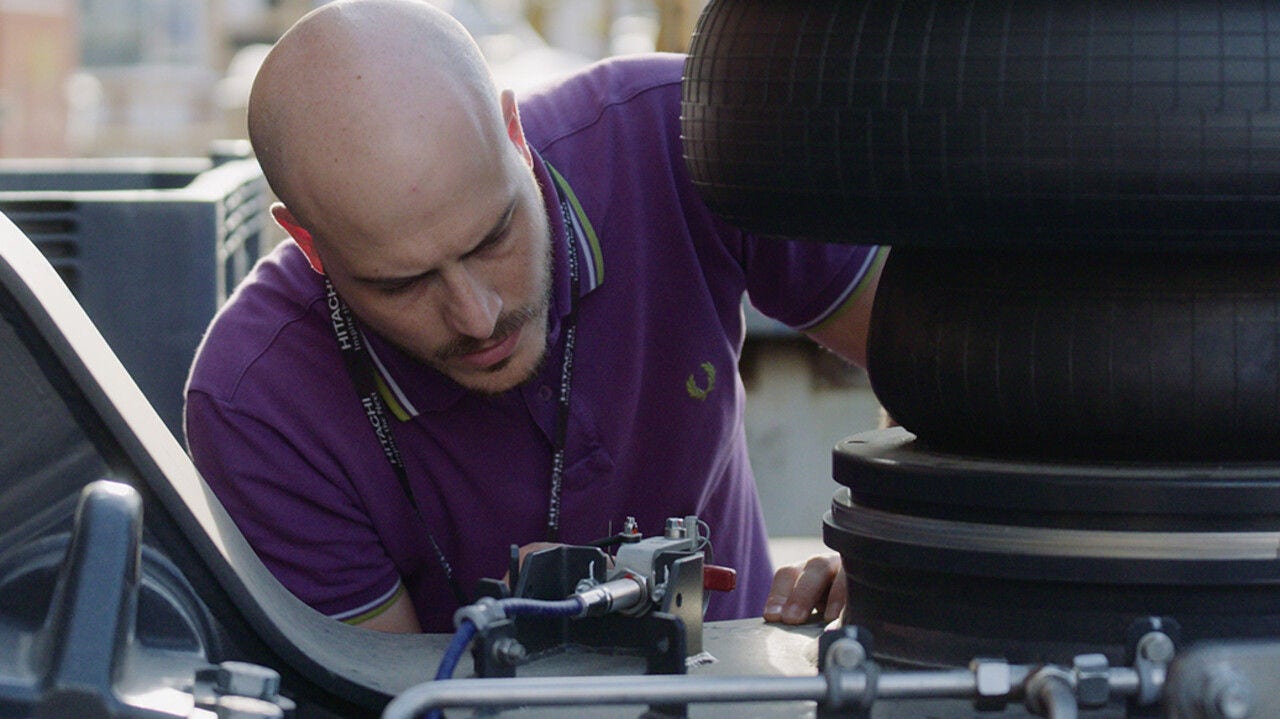
Two of our business units are pioneering exciting work around battery technology – Hitachi High-Tech is installing measurement devices into batteries and collecting valuable data which will help us optimise performance and extend battery lifecycle and Hitachi Ventures is partnering with start-ups on a battery recycling project.
But we need to look further ahead. Battery technology is changing the way we move today but hydrogen will be an important component in how we move tomorrow. This technology is probably still ten years away, but we are heavily involved in hydrogen research now because it clearly has an important role to play in future.
2. Accelerate the transition towards EV buses
Clearly, rail doesn’t exist in isolation and a whole systems approach is key to success. That’s why we need to step up the pace in the transition towards EV buses. This transition brings many challenges, and our role is to help our partners manage them as efficiently as possible. Basically, our job at Hitachi is to help our EV bus customers rebrand their operations so they become more attractive to new and existing passengers. A good example of this in action is our recent strategic partnership with First Bus Glasgow to spearhead its decarbonisation journey.
3. Get more people to travel by public transport
We need to make people want to travel by public transport. To achieve this, we need to connect rail services with other modes of transport and the recent trial of the Hitachi 360Pass in Genoa, Italy, has conclusively demonstrated that when we do this it can have a transformational impact. The question now is where we take it next.
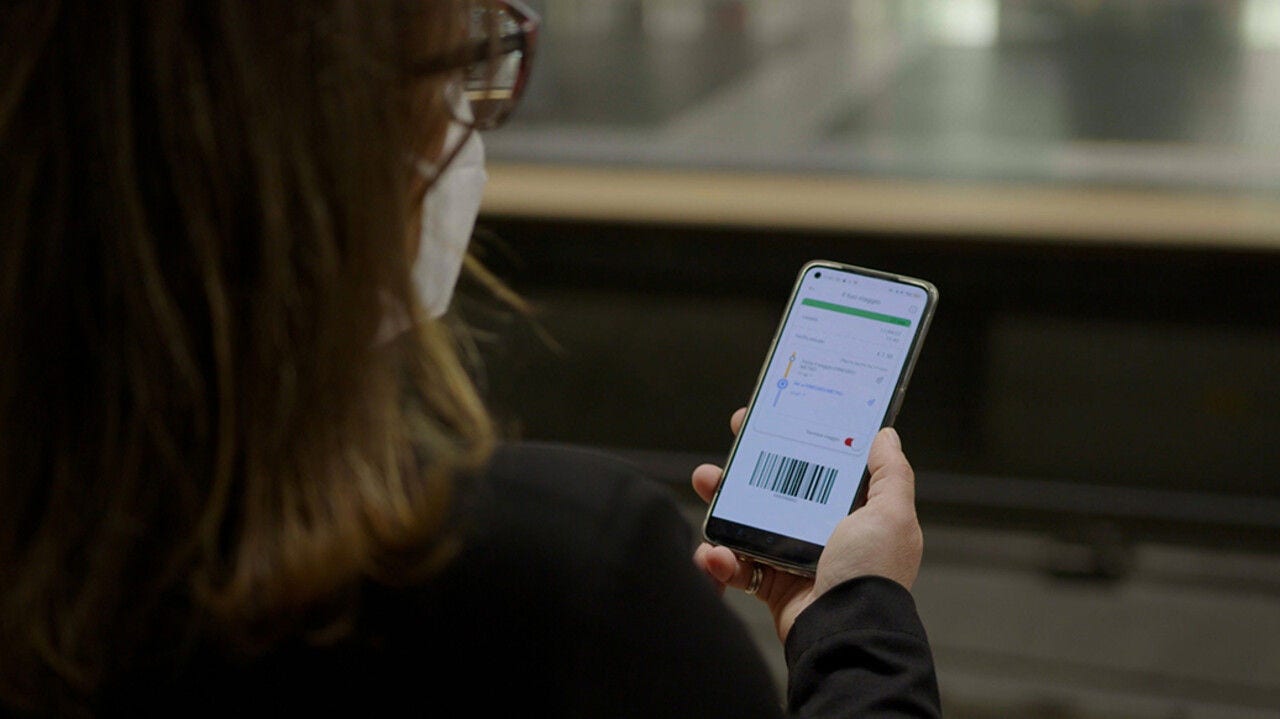
The 360Pass mobile app gives passengers numerous ways to plan and pay for their journey. It combines multiple modes of transport, including trains, buses, e-scooters, car share schemes, parking and even funiculars, while always providing the users with the cheapest possible fare.
For the operator, Hitachi's real-time data analytics platform creates a 'digital twin' of an entire transportation network, which helps optimise a city’s transport network. If authorities have a better understanding of people’s travel habits, they can provide better services which encourages even more travel by public transport and so it goes on.
So, why wouldn’t we do this in other cities across Europe and beyond? It’s proved to be a real enabler for people to use public transport in an easier way so scaling that out in 2023 is right at the top of our “to do” list.




